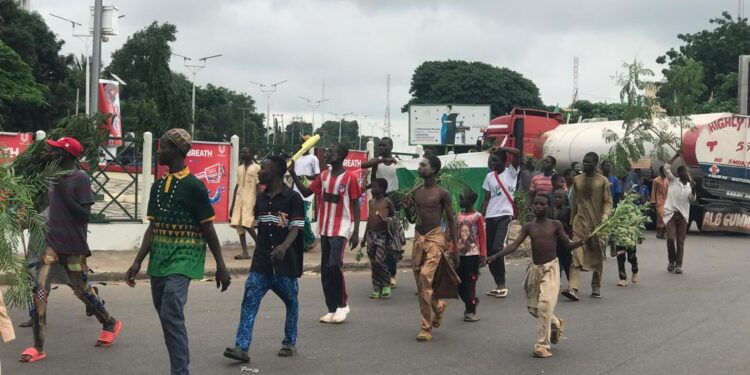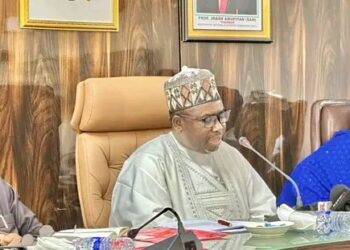A network of over 45 pro-democracy civil society organizations in the 15 West Africa countries, The West Africa Democracy Solidarity Network (WADEMOS) have condemned the police crackdown on Nigerians protesting against harsh economic conditions and the state of governance in the country, resulting in the loss of lives.
This is contained in a joint statement made available to the media in Abuja by the Communications and Digital Platforms Officer of the network, Mr Jonah Eledi.
The network, however, denounce the reported acts of lawlessness and destruction of private and public properties by some protestors, cautioning protesters to express their grievances by all lawful means without causing damage and havoc to properties.
“The happenings in Nigeria add to a series of recent incidents signaling a growing suppression of civil rights across the ECOWAS sub-region. It uncomfortably mirrors similar suppressions of protests in recent times in Burkina Faso, Mali, Guinea, Ghana, and Togo.
“The Network considers it regrettable that citizens’ efforts to hold their government accountable are met with such excessive force, barely four years after Nigerians vociferously decried police brutalities during the ENDSARS protests,” the network said.
It urged Nigerian authorities to investigate these incidents and subject those found culpable to the full rigors of the law in the interest of safeguarding and defending the rights of citizens, including freedom of speech and assembly.
“We urge the government and relevant state authorities to grant an audience to the protesters, provide a clear roadmap, and commit to addressing their concerns and challenges, as a matter of urgency.
“We urge all protesters to resort to civil and peaceful processes for expressing their grievances, including the use of dialogue,” they stated.











